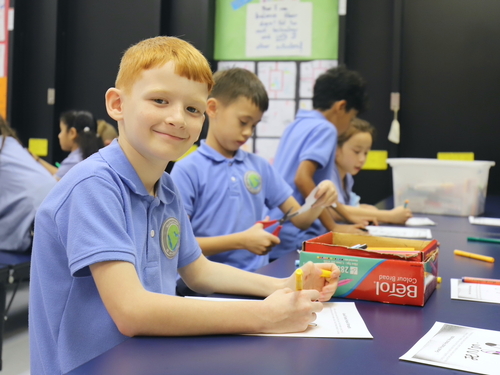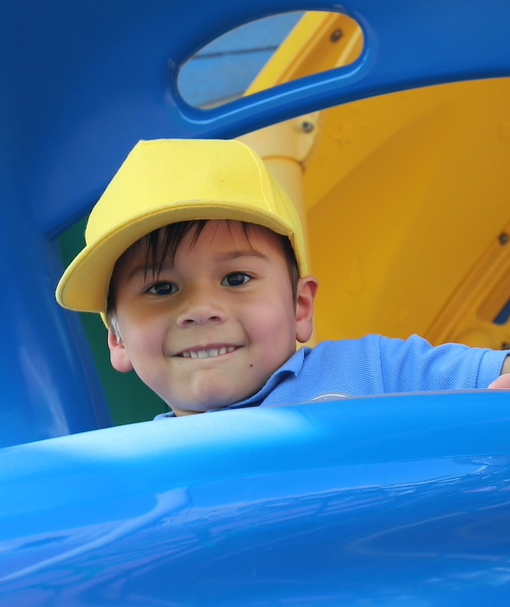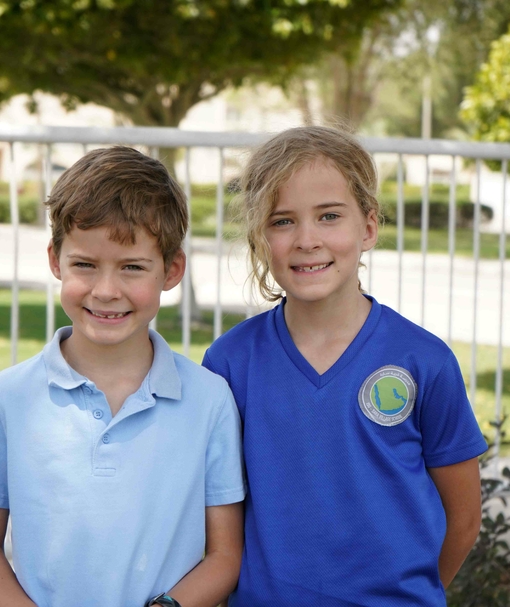Key Stage 2 Curriculum Overview
Key Stage 2 further develops key skills and builds students' independent learning abilities.
In Year 3, the curriculum is designed to inspire students' curiosity, to ask perceptive questions, think critically, weigh evidence, sift arguments and develop perspective and judgment.
By this stage in their schooling, most children have a keen grasp of basic numeracy and literacy, and are able to start expanding their knowledge into other areas. They can speak and write fluently, communicate their ideas and emotions to others and, through their reading and listening, others can communicate effectively with them. They are busy, industrious and purposeful, undertaking varied projects.
Year 4 and 5 students are confident and motivated learners. They have a positive attitude to their work and to other people, and we encourage them to have an awareness of the needs of others around them. Every student is taught and challenged to work hard and to enjoy their learning experience. Students’ knowledge of language, which they gain through stories, plays, poetry and non-fiction, supports their reading fluency, their facility as writers and their ability to communicate across a wide range of topics.
Year 6 offers a different perspective, as these students are approaching the end of their primary school years. As such, they are at the top of the school and are encouraged to become increasingly independent learners and also to bear some responsibility toward helping younger children in the school. As new skills are introduced, Year 6 students are encouraged to feel successful and enthusiastic, greeting new challenges with open minds and a willingness to try hard, be prepared for setbacks, and to push on through to achievements they can be proud of.

Leadership Opportunities
There are a number of leadership opportunities available to the students, such as Head Boy, Head Girl, Head of House, Empathy Ambassador and Student Council, which provide the students with opportunities to grow their capabilities and move changes forward within the school.



